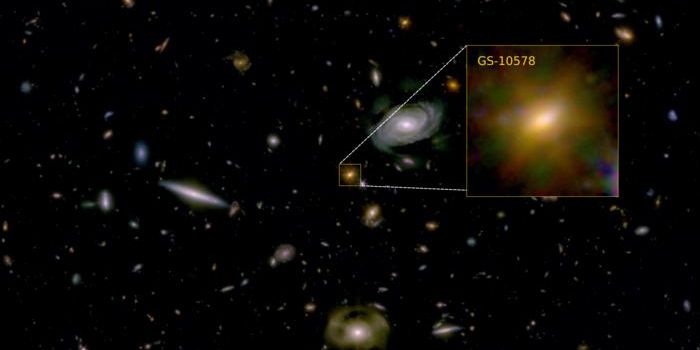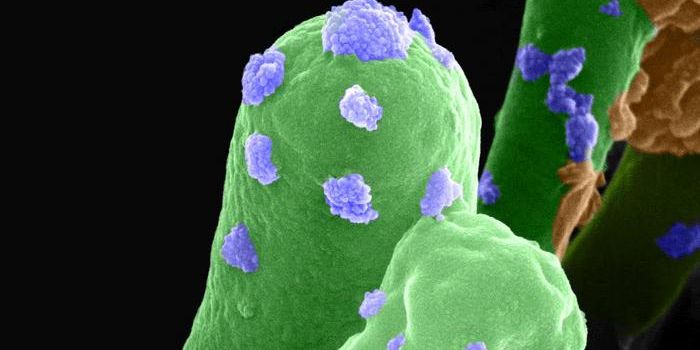Reducing Emissions Could Cut Inequity in Air Pollution Deaths
What steps can be taken to reduce deaths from greenhouse gas (GHG) emissions, specifically in central and western Europe? This is what a recent study published in Earth’s Future hopes to address as a team of researchers led by the University of Leeds in the United Kingdom investigated how reducing GHG by 2050 over Europe could result in a substantial decrease in deaths from poor air quality. This study has the potential to help researchers, climate scientists, legislators, and the public better understand the long-term risks of climate change and the steps that can be taken to mitigate them.
For the study, the researchers used a series of computer models to simulate air quality over Europe in 2050, specifically fine particulate matter and surface level ozone. The goal was to ascertain the number of deaths attributed to poor air quality, estimate the air quality death rate based per 100,000 people, and how many deaths could be avoided by 2050 if GHG emissions are reduced. In the end, the researchers found that death rates from poor air quality could reduce by 54 percent if GHG emissions are reduced substantially but will experience a death rate increase of 7.5 percent and 8.3 percent in medium and low reduction scenarios, respectively.
“The strategies that policymakers take to mitigate climate change will have considerable implications for human exposure to air quality, not least of which are the number of deaths,” said Connor Clayton, who is a PhD student in the Institute of Climate and Atmospheric Science at the University of Leeds and lead author of the study. “But they also urgently need to consider the persistent inequity of exposure between wealthier and more deprived populations which continues to be an issue even though air pollution has reduced across Europe.”
Going forward, the researchers aspire to incorporate how climate change overall will influence health and death rates, as opposed to simply GHG, as demonstrated in this study.
How will Europe reduce GHG in the coming years and decades? Only time will tell, and this is why we science!
As always, keep doing science & keep looking up!
Sources: Earth’s Future, EurekAlert!








